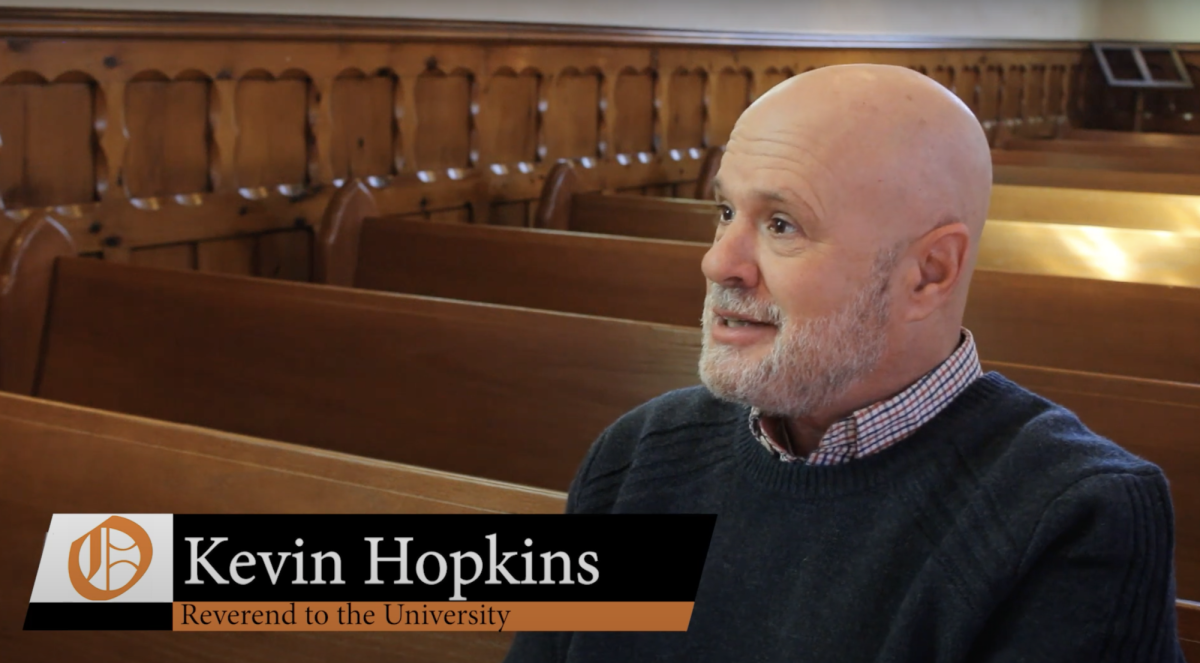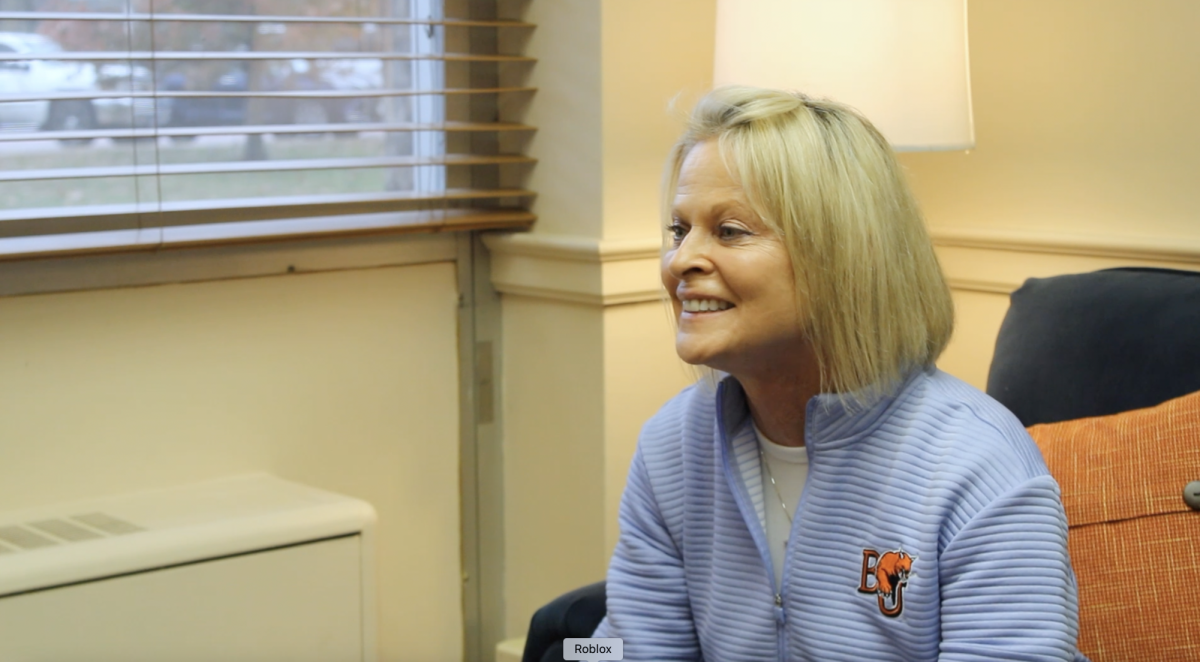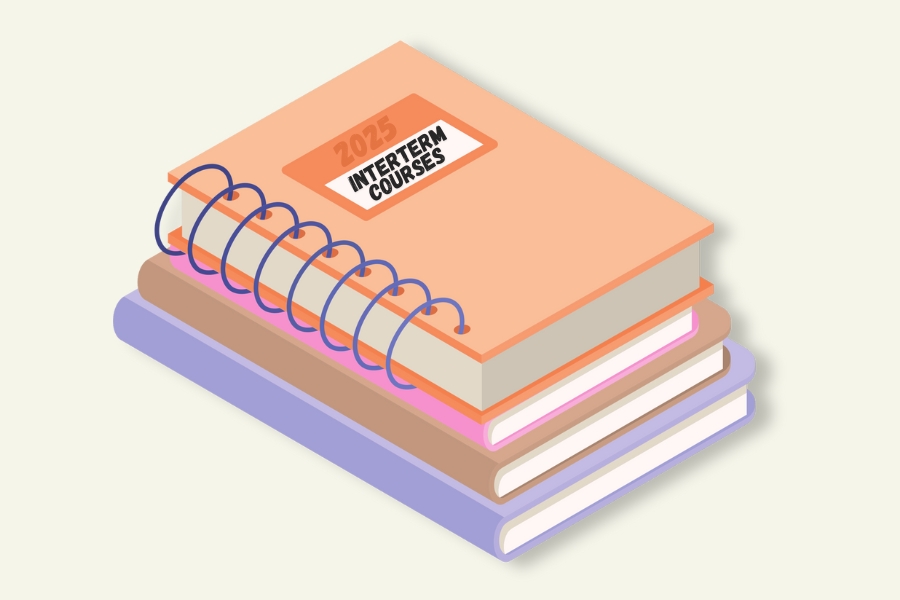For the second year in a row, Baker University history students made a name for themselves at the Missouri Valley History Conference at the University of Nebraska Omaha.
Receiving the award for the Best Undergraduate Student Paper, “Constantine and the Cult of Sol Invictus: The Story of Sol Invictus and Christianity,” was recent Baker alumna Melissa Hasty.
Receiving the award for Best Graduate Student Paper for the second year in a row was also a recent Baker alumnus, Andrew Woodworth, with his paper, “War Of the Gods: The Legacy of Olaf Tryggvason and Norse Cultural Identity.”
“The moderator of the conference told me she’d never even heard of Baker University until last year when (Woodworth) won Best Graduate as an undergraduate and then we come back and sweep,” John Richards, assistant professor of history, said. “People know about us now. It adds an element of pride to our whole program.”
The three-day conference hosted about 250 presenters at the undergraduate, graduate and professional level.
Woodworth and Hasty both wrote their award-winning papers last year for the history senior seminar course taught by Leonard Ortiz, assistant professor of history.
“When we identify something that’s impressive, really quality work, we encourage our students to submit papers and present papers so they can get that experience,” Ortiz said.
Also presenting at the conference were two other Baker history students, junior Matt Hertzog and senior Caleb Klugh.
“Going to a conference like this can be kind of intimidating because usually the people that go to your presentation are experts in your field, so they know a whole lot more than you do,” Klugh said. “I think it’s a great experience though, and really, it’s a lot of fun. You get to just be a nerd for a whole weekend so you can’t really beat that.”
Ortiz said that going to and presenting at conferences serve as great experiences for any undergraduate student and can also be an opportunity to network.
“The people that show up for these conferences aren’t just teachers,” Ortiz said. “There’s a broad range of people who are representative of other subfields of history, so not only does it add another dimension to the learning experience, but it’s a great way for students to make connections with professionals in their field.”
Richards chalks up Baker history students’ success at conferences like this to the focus of the history courses taught at BU.
“We push original research,” Richards said. “There’s that expectation that you’re doing something more than trying to get done with your courses so you can get out. It really gives people a sense of professionalism and being connected.”







